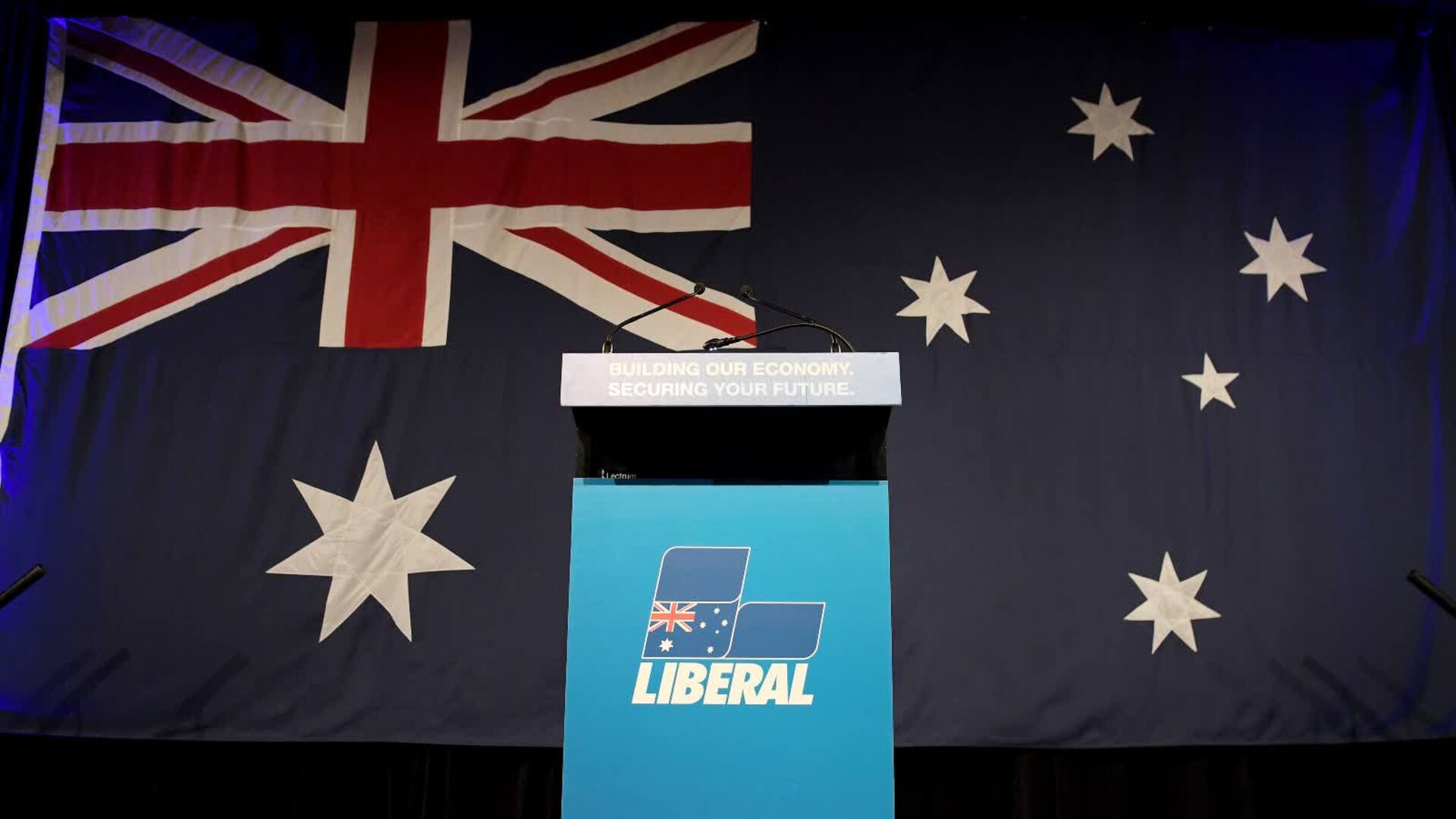Seize the moment for Indigenous affairs, Marcia Langton tells Labor
Marcia Langton says Anthony Albanese must use his once-in-a-generation election win to be courageous in Indigenous policy to address extreme disadvantage.

Anthony Albanese must use his once-in-a-generation election win to be courageous in Indigenous policy and go beyond “warm acknowledgments of traditional owners” to address extreme disadvantage, voice architect Marcia Langton says.
The wipeout of the Coalition on Saturday is being seen by some supporters of the Uluru Statement from the Heart as a rejection of opposition attacks on welcome to country ceremonies, its shunning of the Aboriginal flag and for an 11th-hour attempt to convince voters that Labor had a secret plan to revive the Indigenous voice.
But as new analysis showed the biggest swings against Labor in an otherwise historic landslide were concentrated in the strongest anti-voice booths, Professor Langton says she is “not so sure” that Australians voted against culture wars when they delivered Labor a second term.
The distinguished Indigenous researcher and author predicts that Labor will remain cautious not to alienate the 60 per cent of Australian voters who said No to an Indigenous voice in the Constitution 18 months ago.
“Did they vote against the Trump-style culture wars policies? I am not so sure,” Professor Langton said on Monday.
![]Member of the First Nations Referendum Working Group Marcia Langton speaks to the media during a press conference at Parliament House in Canberra in 2023.](https://content.api.news/v3/images/bin/f11710f162ac175cc6f3ae8daba5f265?width=650)
“I would like to think they did, but if the best we can hope for from the victory speeches by Penny Wong and Anthony Albanese on election night are warm acknowledgments of the traditional owners, we should expect more extreme caution from an Albanese government in tackling the extreme disadvantages faced by a large proportion of the Indigenous peoples.
“Big-picture innovation in Indigenous affairs will be curtailed by a continuing fear of alienating the majority who voted No in 2023 to constitutional recognition and the voice.”
Professor Langton, who co-chaired the design of a legislated voice for the Morrison government and later joined other Indigenous leaders in Mr Albanese’s voice advisory group, said: “I want to see great courage from our Prime Minister and his cabinet to stare down those who think it is OK to allow the horrific disadvantages faced by far too many Indigenous Australians.
“Elevating our aspirations for economic development and accelerated education and employment supports to shift people towards equity sooner, not 30 years from now – that’s what I would like Albanese to lead.”

Professor Langton’s call comes as another of the country’s most experienced Aboriginal leaders, Tom Calma, said the nation’s senior Indigenous figures must meet the government soon to discuss the way forward.
“The senior Indigenous leadership needs to sit down and have a good talk to the government and see how we can develop a mechanism so that they can be informed about policy development that is outside of bureaucracy,” Professor Calma said.
“There are a group of us who have a role, we can be very objective. There are a number of us who are not aligned to any specific group – we work with anyone. We are not party political. We have worked as royal commissioners, social justice commissioners and with both sides of politics.”
Professor Calma, who designed and oversaw a successful anti-smoking program for Indigenous Australians that is estimated to have saved 22,000 lives since 2010, said good Indigenous affairs programs were successful given time and if they had secure funding.
However, he said this was not common. Professor Calma hoped that might change now.
“I really do hope that we have stability in the parliament because that is the only way we are going to have change in Indigenous affairs,” Professor Calma said.
“The constant threat that every Aboriginal program is going to be reviewed at every step is what holds programs back.
“It is stability that allows people to get to understand what the policy objectives are.
“It is a human rights approach and it works over time.
“The Closing the Gap campaign commenced in 2006 and we are still talking about why we aren’t achieving.
“It is because there has been very poor policy approaches and funding approaches over successive governments.
“It has been years of stop, start and a lack of policy direction for most of our programs. The whole country suffers because of this.
“If we want to see outcomes we need to invest both time and money, and empower communities to understand what the program is so they can get behind it.”
Labor’s Indigenous policies since the defeat of the voice referendum have centred on housing, jobs and economic empowerment.
It committed $4bn to address chronic overcrowding in NT communities and is partway through an overhaul of the work-for-the-dole style program that once employed more than 30,000 Aboriginal people but broke down in 2020. Labor has also pledged to help Indigenous communities become part-owners and developers of projects on their traditional lands.
Despite a sweeping 2.2-percentage-point swing for Labor on primary votes on election night, analysis shows the swings were statistically correlated with the No vote in the 2023 referendum. And on the other side of the ledger, Labor made the most gains in the same seats that most voted in favour of the voice to parliament.
Voters in the electorate of Flynn in central Queensland delivered a 6.6 percentage point primary vote swing against Labor, and 83.5 per cent voted against the voice to parliament, when taking into account the 2024 redistribution.
This is consistent with broader demographic trends from the election – Labor is continuing to make inroads with highly educated, high migration communities while its message is not cutting through as much with others. This was also the case with the Indigenous voice to parliament, which found most supporters among cosmopolitan voters and opponents elsewhere.





To join the conversation, please log in. Don't have an account? Register
Join the conversation, you are commenting as Logout